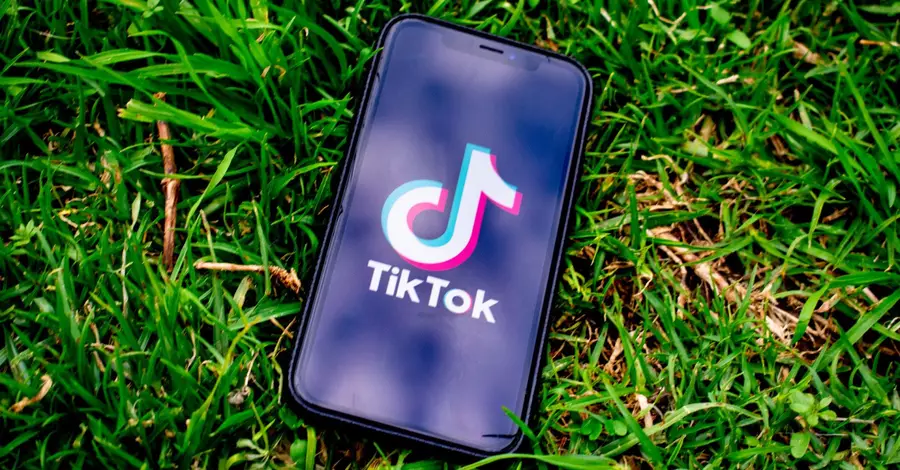
Why Congress’ Attempt to Ban TikTok Matters
March 18, 2024
Christian Headlines reports that last week’s U.S. House vote on a bill to ban TikTok is raising hopes as well as eyebrows in Washington D.C.
The U.S. House of Representatives passed the legislation by a vote of 352-65 and sent it to the U.S. Senate where it will likely face more resistance. The White House is expected to sign the bill into law, if it also passes the Senate.
The legislation is intended to address concerns that the Chinese Communist Party is using the app to access data about its users and that Chinese tech companies are required to surrender the data upon government request. Currently, more than 170 million Americans are believed to be users of TikTok.
Christian Headlines reports that even though there is no evidence of the CCP abusing its ability to collect data on U.S. users, Congress appears to be on the verge of expanding censorship of the app. A former employee of TikTok’s parent company has alleged that the CCP used the app to identify and monitor pro-democracy activists in Hong Kong in 2018.
The gist of the bill is to force TikTok’s parent company to divest itself of its American market. It would also give the president power to designate platforms as “foreign adversary controlled” and thereby make them subject to censorship.
The current list of “foreign adversary” countries includes North Korea, China, Russia and Iran but it could be easily expanded as the president wishes. This part of the legislation is raising serious concerns over the troubling precedent that could be set for future censorship.
This has prompted some critics to suggest that the solution being proffered may be worse than the problem it purports to solve.
Photo: top, Credit: kon karampelas/pixabay
